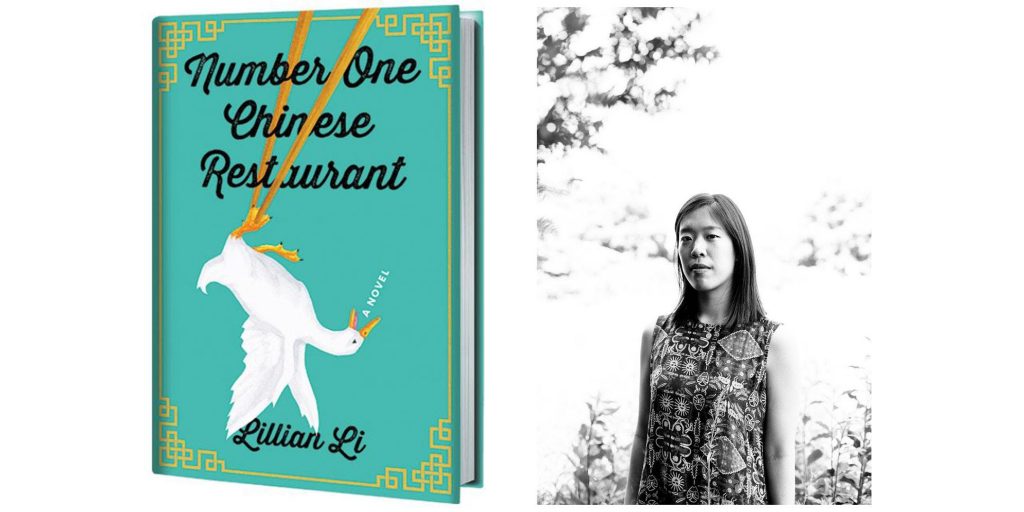A Brick House for Books: Lillian Li on Writing with the Youth of the Neutral Zone
Walking up to a large, colorful brick building with art pasted to the windows, I realized that I had always passed by the center without properly seeing it. I learned about the Neutral Zone’s youth-driven programs, including sound-mixing classes, poetry workshops, and a printing press called Red Beard, which I would come to know and love in the coming year.
A Brick House for Books: Lillian Li on Writing with the Youth of the Neutral Zone Read More »









